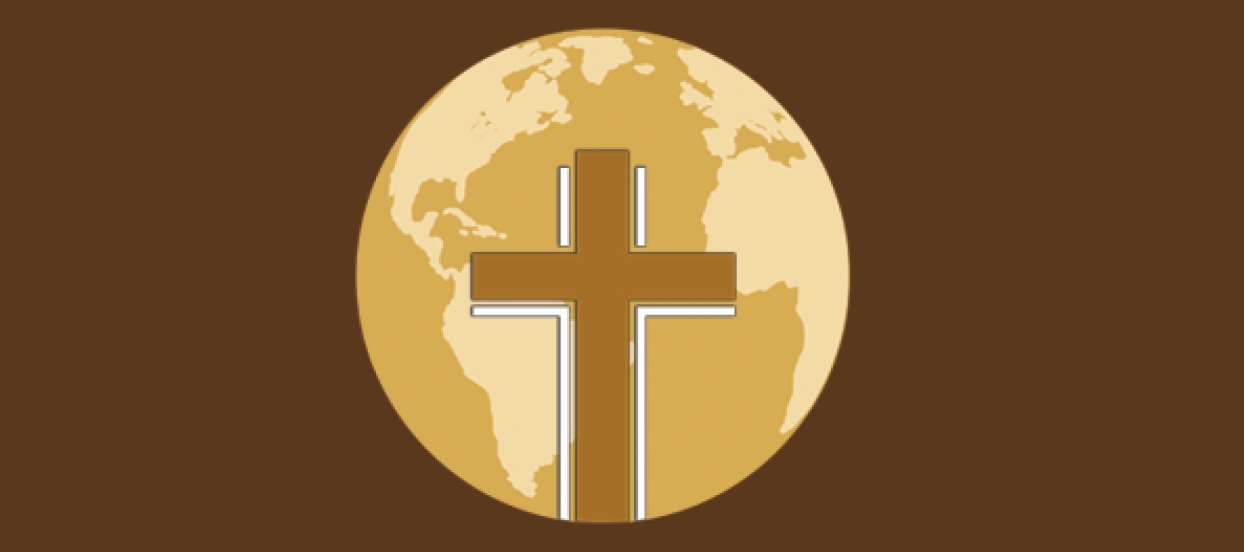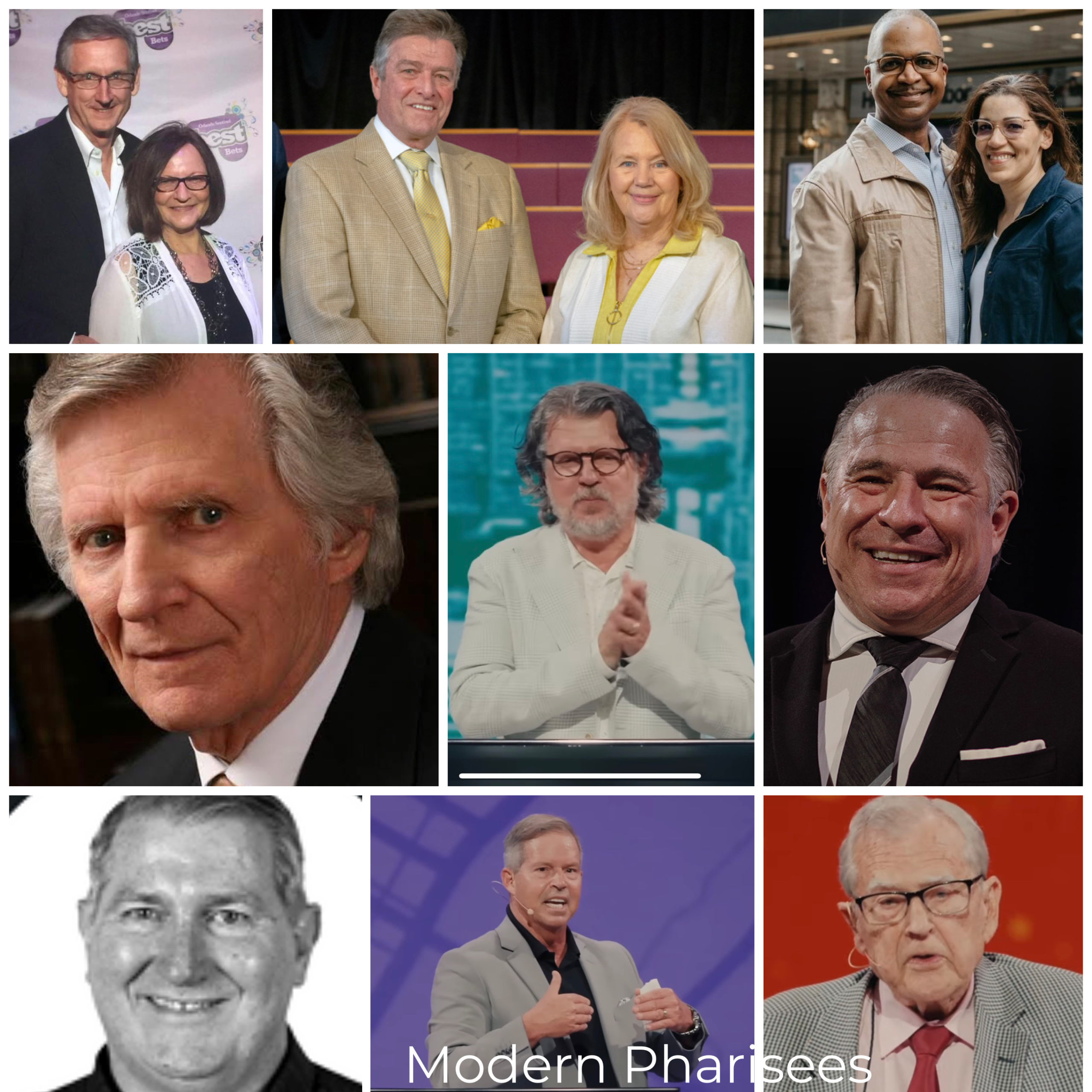-
The World Is On ‘The Cusp Of A Profound Systemic Transformation’ Says Klaus Schwab
The World Economic Forum’s latest annual report identified a transition into the ‘Intelligent Age,’ the rise of ‘misinformation’ and demographic shifts to an ageing world as key factors that are driving a ‘profound systemic transformation.’
According to the WEF founder and Executive Chairman Klaus Schwab, the world is undergoing a profound systemic transformation which is driven by five interconnected shifts.
LifeSite News reports: In the introduction to the WEF Annual Report 2023-2024, the WEF founder said that we were living in transformative times and that there were a handful of factors driving this systemic transformation:
We are on the cusp of a profound systemic transformation driven by interconnected shifts in a rapidly changing world
The five “interconnected shifts” include:
1. Transition from the industrial to the intelligent age,
2. Conflictual transition from a unipolar to a multipolar world,
3. Need to transition to a green economy,
4. Demographic shifts from a young to an ageing world,
5. Societal polarization and rise of misinformation.
Let’s go through these transitions one-by-one, starting with the so-called “intelligent age.”
The “Intelligent Age” was coined by Schwab himself at this year’s World Governments Summit, which was held last February in Dubai, UAE.
There, the unelected globalist said that the fourth industrial revolution – which will lead to the fusion of our physical, biological, and digital identities – was powering a global transition of humankind into a new era called the Intelligent Age in which “humankind will enjoy many more opportunities and possibilities.”
We are speaking about the transition of humankind into a new era, which is not just characterized by technological change […] We first had the transition about a hundred years ago from the agricultural society to the industrial society, but today we speak about transitioning into what I would call “the intelligent age”
“I had about 20 pages of text, and I asked ChatGPT, “Summarize the text, and tell me now, based on our discussion, how will the new era – the intelligent era – will look like.” — Klaus Schwab, World Governments Summit, 2024
Schwab pumped his idea of an intelligent age into ChatGPT, and this is what he said ChatGPT told him:
Envisioning a future propelled by the technologies of the fourth industrial revolution we see a NEW DAWN of human civilization – one that harmonizes technology with the deepest needs and aspirations of humanity.
This mission unfolds within a society where artificial intelligence, robotics, the Internet of Things, 3D-printing, genetic engineering, quantum computing become the foundations of our daily life, yet are guided by a profound respect for human values, creativity, and the natural world.
The geopolitical landscape is shifting from a unipolar world dominated by a single superpower to a multipolar reality with multiple influential nations. — Klaus Schwab, WEF Annual Report, 2023-2024
Moving on to the next interconnected shift in the WEF Annual Report 2023-2024, Schwab talks about a shift from a unipolar world to a multipolar one.
The WEF has been forecasting this transition for many years.
If you recall the infamous video from 2016 that states “You’ll Own Nothing. And You’ll Be Happy,” you’d also recall that another one of the WEF’s “8 Predictions for the World in 2030,” also states:
U.S. dominance is over. We have a handful of global powers. Nation states will have staged a comeback….
The U.S. won’t be the world’s leading superpower. A handful of countries will dominate.
Now, eight years after that prognostic statement, Schwab says that the transition from unipolar to multipolar “brings both opportunities for diverse global cooperation and challenges stemming from increased geopolitical tensions.”
“Balancing national interests with global stability requires nuanced diplomacy and international collaboration,” he adds in the latest annual report.
This shift, according to Schwab, is the result of conflict.
Conflict could mean many things, like conflicts between nations such as the U.S./China tech arms race, the Ukraine/Russia war, or the never-ending Israeli/Palestinian situation.
It could also mean the deterioration of nations through civil unrest, open border policies, or the tanking of economies through net-zero agendas and crippling inflation.
Cyber pandemics and public health emergencies of international concern could also fit the “conflict” bill leading to a multipolar world.
Read More Here








Login or Register to Leave a Comment